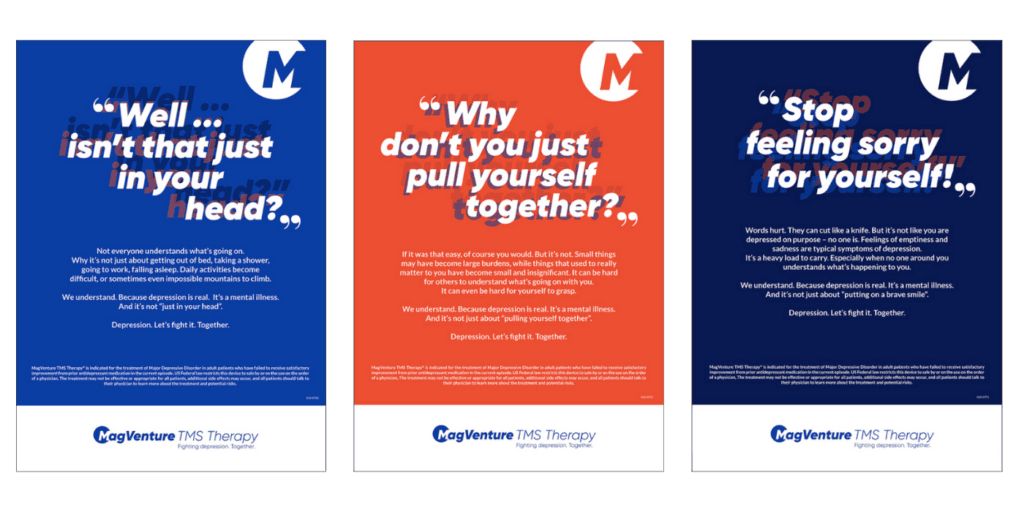
Warning signs
Recognizing the signs that someone may be struggling with their emotions is an important step in helping them get the support they need. Some common signs include:
- Withdrawing from activities they used to enjoy
- Feeling more irritable or on edge than usual
- Changes in sleep or appetite
- Expressing feelings of hopelessness or worthlessness
It’s important to remember that not everyone who is struggling will exhibit these signs, and some people may be very good at hiding how they are feeling. However, if you are concerned about someone and notice changes in their behavior or mood, it may be worth reaching out to offer your support and see if they need help for depression finding additional resources.






